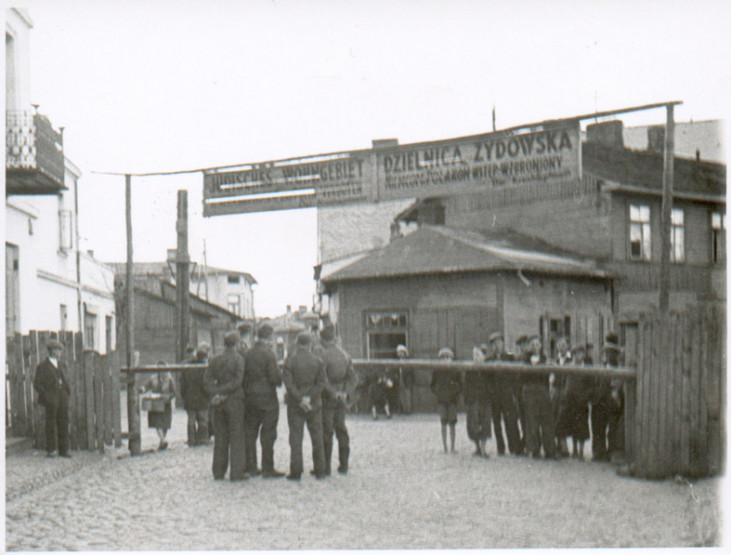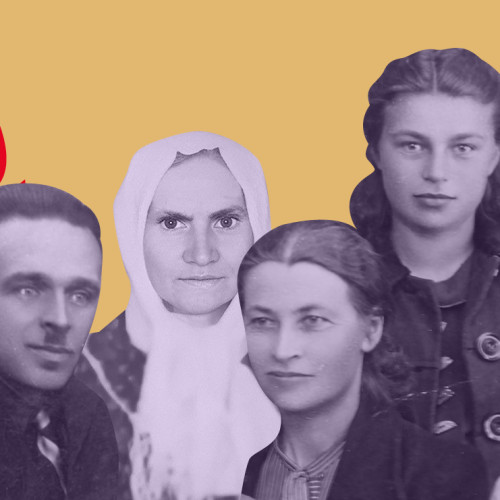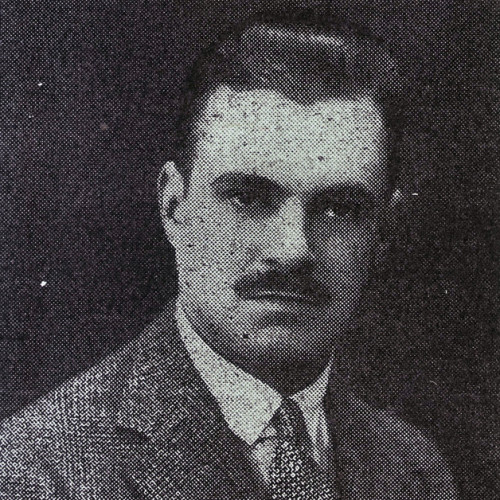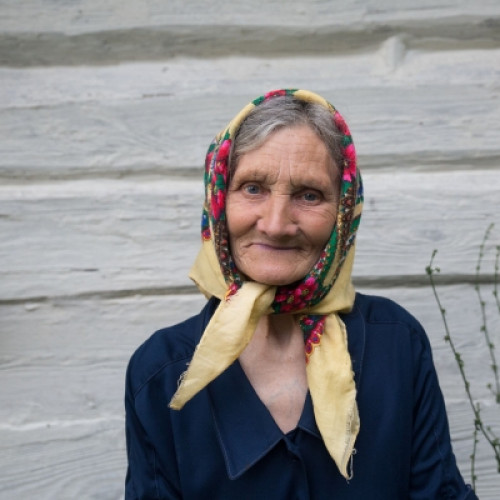Antoni Nagórka (1901—1977) - Instytut Pileckiego

Antoni and Władysława Nagórka lived at the edge of the town. Before the war, Antoni worked for the railways, and Władysława was a housewife. During the war they saved five Jews from the Holocaust.
Before the war, the population of Otwock near Warsaw — a town famous for its health resorts – numbered over 10,000 Jews. September 1939 brought an end to their community, which had been developing since the 19th century. During the German occupation, they were in danger of persecution and deportation. In 1940 the Germans separated Jews and Poles, who used to live side by side. The Jews from Otwock and its environs were resettled in a newly-established ghetto. During the liquidation operation of 1942, thousands of them were murdered or sent to the extermination camp in Treblinka.

Antoni and Władysława Nagórka lived at the edge of the town. Before the war, Antoni worked for the railways, and Władysława was a housewife. During the war they saved five Jews from the Holocaust. One of them was Benjamin Krochmalik. It is likely that they had known each other before the war — Krochmalik used to be a barber in nearby Kołbiela. In August 1942, while he was returning from work outside the ghetto, Władysława warned him that he might be arrested and deported. She offered him shelter. Hidden in Antoni and Władysława’s house, Benjamin survived the occupation. After the war he settled with his family in Australia, but in 1973 he started visiting the Nagórkas every year.
See also
- Skakalska, Zinaida Samczuk z d. Skakalska Musij Skakalski, Hanna Skakalska, Hanna Skakalska, Zinaida Samczuk z d. Skakalska

awarded
Skakalska, Zinaida Samczuk z d. Skakalska Musij Skakalski, Hanna Skakalska, Hanna Skakalska, Zinaida Samczuk z d. Skakalska
„In 1939, the Russians came, so we expected to be deported to Siberia [...]. Amid all this misery, we received assistance from the Skakalskis – the family of Musiy Skakalski – who were Ukrainians".
- Konstanty Rokicki (1899—1958)

awarded
Konstanty Rokicki (1899—1958)
Rokicki was responsible for one of the Ładoś Group’s most important tasks. In the years 1941—1944 he alone hand-wrote several thousand Paraguayan passports.
- Ołeksandra Wasiejko z d. Łukaszko (ur. 1946)

awarded
Ołeksandra Wasiejko z d. Łukaszko (ur. 1946)
During the Volhynia Massacre in the summer of 1943. Over the next seventy years Oleksandra Vaseyko kept alive the memory of the victims, bringing flowers to their graves and keeping them in her prayers.


